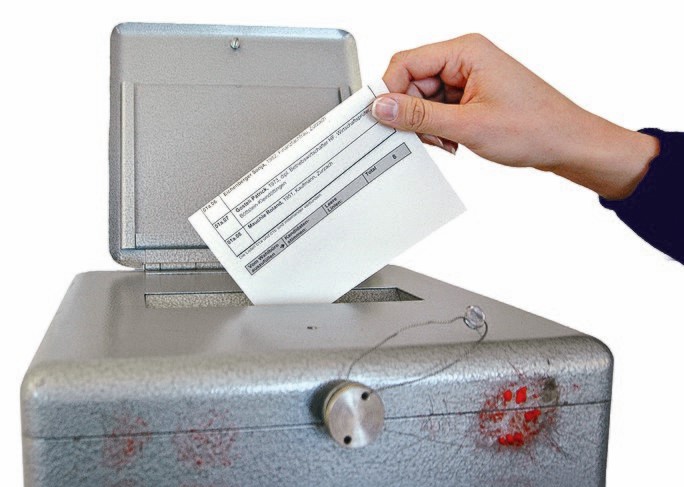For almost 50 years, only a minority of voters and eligible voters have taken part in parliamentary elections in Switzerland. Why do many people not make use of their political rights? Markus Freitag is an expert on non-voters and answers our main questions.
Why does someone not take part in elections?
Markus Freitag: Theoretically, there are three reasons why people do not take part in elections: Either they don’t want to because they lack motivation. Or they cannot because they lack the necessary resources and expertise. Sometimes, however, they are not encouraged by anyone because they are not sufficiently socially integrated.
Why is participation in Switzerland so low?
There are two main reasons for this: firstly, referendums in Switzerland provide further opportunities to express one’s opinion. Many Swiss people consider referendums and popular initiatives to be the more effective way of having a say in politics. Secondly, elections have no direct consequences for the formation of government. Regardless of the election results, the Federal Council is usually appointed according to the time-honoured magic formula.
What personality traits do non-voters display?
With regard to the five major character traits of openness, conscientiousness, extraversion, agreeableness and neuroticism, the following tendencies emerge: In Switzerland, emotionally unstable, i.e. anxious and worried people in particular stay away from the ballot box. In other countries, non-voters also show characteristics of agreeableness, introversion or even closed-mindedness.
How can we describe the non-voters?
There are six different types of non-voters: The satisfied but rather disinterested non-voters form the largest group within the non-voters at 25 per cent. They express a certain amount of political trust and general satisfaction with the functioning of democracy. The group of incompetent non-voters accounts for around 20 per cent. The reasons they give for not voting are that they are not interested in politics, find it too complicated and do not know the candidates. The socially isolated non-voters make up around 18 per cent. They lack motivation and social embedding. The politically disenchanted non-voters account for 16 per cent. They show the least political interest and the least knowledge of political issues of all non-voter groups. Voting non-voters make up 13 per cent of the non-voters. They consider referendums to be more important than elections. Finally, there are the unconventional participants. At just 9 per cent, they are the smallest group. Although these non-voters are characterised by a high level of satisfaction with democracy, they prefer forms of participation away from the ballot box.
Would compulsory voting be a suitable means of increasing participation?
Compulsory voting can increase participation, as we can see from the example of the canton of Schaffhausen. However, it remains to be seen whether this will also increase interest in politics and elections. The proportion of invalid votes and blank votes is relatively high at the polls in Schaffhausen. It would be more effective to overcome any obstacles to participation, such as a lack of political competence, through increased political awareness and education.
Markus Freitag studied political science, economics and German language and literature at the University of Heidelberg and completed his doctorate at the University of Bern. After working in Berlin and Constance, he is now a full professor of political science specialising in political sociology and political psychology at the University of Bern. He is also a regular columnist for the Tages-Anzeiger newspaper.
image: wikimedia commons






